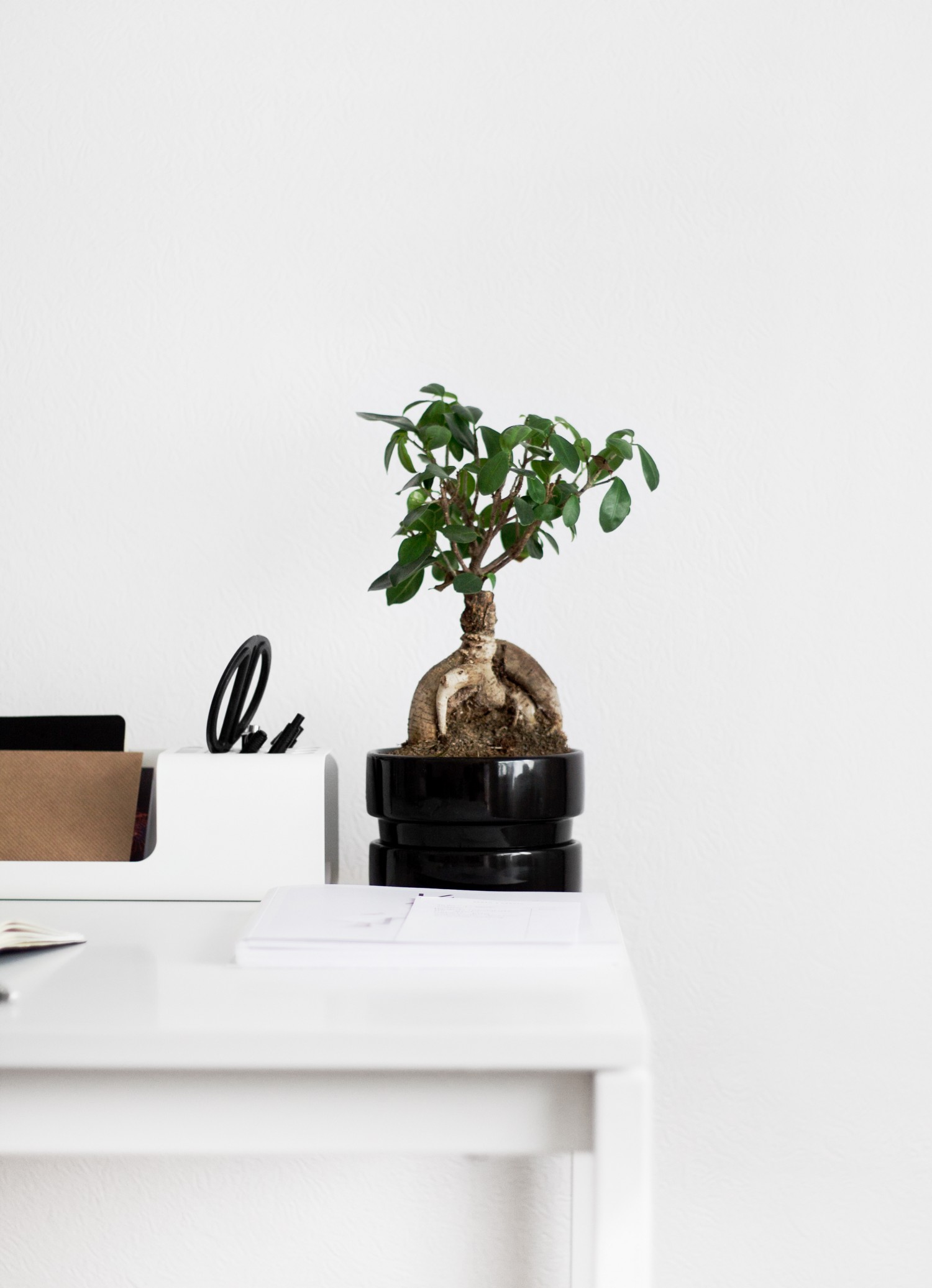Some people believe that joy is found in doing things they love: traveling, cooking, doing something creative, and having a full plate. While it’s important to do enjoyable things, however; not everyone has the same definition of what living joyously means. In fact, I believe that the more crowded your world gets, the bigger your problems get too. People all across the world have turned to a simpler, minimal approach to living. The opposite induced stress, depression and anxiety. Over time, people get fed up with the disarray that springs from having too much stuff and too much on their plates.
On social media, for example; do you notice people are constantly promoting stuff, or entities? House-held items. Home or office decor. Under their photo captions, you might see: Buy this outfit or thing and it will complete you! Not a single photo caption or photo will entice me in the slightest to buy something, because I’ll think, “No, I don’t need another coat,” or, “No, those leggings won’t complete me, I’ve got enough already,” and, I’ll think, “if I buy another thing, I’ll get sick of it in under a week and it will become clutter; something that just takes up space.” We always need more clothes — items that supposedly change lives? We always need more stuff, right?
Wrong.
In a Netflix documentary I watched not long ago on minimalism, one woman got rid of almost all her clothes and only kept enough to last thirty days. No one at her work noticed, but she said how much easier it was to get ready in the morning, thus, reducing her stress. One woman was diagnosed with M.S and she got rid of the majority of her stuff, and the deduction improved her symptoms by a good percentage. People eventually come to a point in their lives when simplicity and living minimally is far more beneficial for their well-being.
A ripple effect happens when our living spaces look like a tornado swept through. My partner described these messes as ‘booby traps.’ He even proceeded to ask me if spin around in circles and just throw things. That’s how I used to live, but over time, that stopped me in my tracks, often! The messes we create derive from bad habits that have gotten out of control. How one conducts their life indoors will affect them when they go out into the world. Were you stressed out or depressed one day at work because of something you lost or that got misplaced? Has someone ever called you a killjoy at an event because you were complaining about your messy, disastrous life? The habits we create, for example: constantly losing house/car keys, constantly losing things (that have significance) and feeling trapped by the accumulation of “stuff” that so many people strive to convince you to buy.
Have you found yourself staying up at all hours of the night searching for an essential item, something worth a lot of money? Then, were you forced to tear through each room like a wild bear? People do lose the most important things, almost on a regular basis; I was guilty of this. The smallest habits can result in massive, costly consequences, especially to your overall health. I am someone that has issues staying organized until I changed some ways of functioning.
To live in a more simplistic manner, take a look at the habits you’ve formed and ask how they’ve served you? Ask how they’ve impacted your life in the world? Asking those simple questions will get your mindset in the right place to form healthier habits. My philosophy: if something doesn’t have a spot or a place in my home and it has no function, it’s a clutter item.
The more we scale down and eliminate the unnecessary, materialistic things, the happier we become. Cultivating a joyful life means pursuing simplicity and being content with having less. And, my favorite saying that applies to almost everything: less is MORE. The less clutter, the more you’ll be able to accomplish and the happier you’ll feel. Also, this one quote to live by that I changed up a little is: “Simplicity is the essence of joyful living.”
Originally published at medium.com


